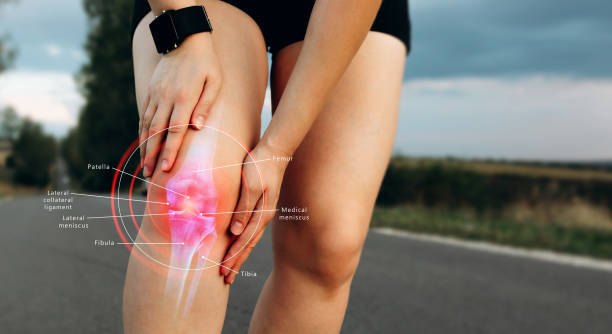
Enlarging the evidence base for optimal treatment of paediatric ACL injuries the Paediatric Anterior Cruciate Ligament Initiative (PAMI)
01/12/2022
Caroline Mouton, Amanda Magosch, Håvard Moksnes, Rob Janssen,
Christian Fink, Stefano Zaffagnini, Juan Carlos Monllau, Guri Ekås,
Lars Engebretsen, Christian Nührenbörger, Romain Seil
Summary
Anterior cruciate ligament (ACL) injuries in children and adolescents are a relevant health and economic burden and their incidence increases at a higher rate than in adults. These injuries compromise the quality of life, affect the development of the knee joint as well as its future functionality, and may lead to early onset of osteoarthritis. Because of their young age, these patients are furthermore at high risk for secondary intraarticular soft tissue damage and re-injury of the ACL. The relatively small number of pediatric ACL injuries in single hospitals, necessitates international multicenter studies to collect meaningful prospective data and long-term outcomes in a young patient population. As a result, there are few high-quality studies on the treatment of pediatric ACL rupture, and the evidence base of current treatment recommendations is insufficient. Thus, the Paediatric Anterior Cruciate Ligament Monitoring Initiative (PAMI) was created in 2013. The registry is designed to collect and analyze data on the diagnosis and treatment of ACL injuries in children and adolescents and to provide a basis for the development of international evidence-based guidelines. Since 2018, patients with a skeletal age of 8-14 years in girls and 8-16 years in boys, respectively, have been recruited for the PAMI registry in various international centers, and the number of recruiting centers as well as the number of patients is increasing constantly. Analysis of the data from the first three years of the project provides epidemiological data and suggests initial trends. It is evident that the project is well established and in international demand. A future challenge is to ensure the long-term durability of PAMI and the dissemination of scientific findings.
